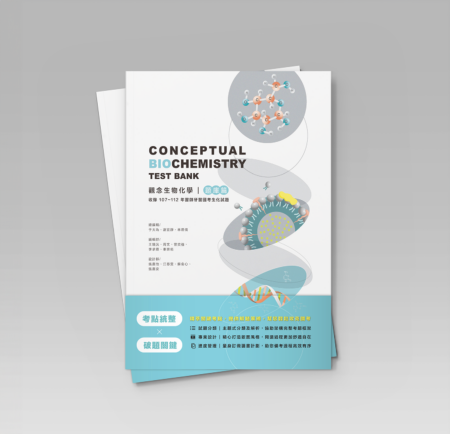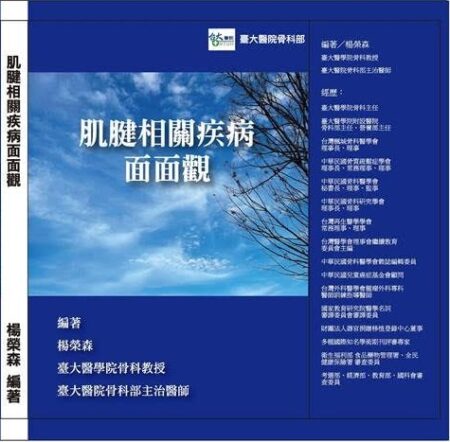簡介
基礎醫學科是醫學領域的核心學科之一,主要研究人體的結構、功能、發育、變化以及各種生理過程的基本原理。基礎醫學為臨床醫學提供理論基礎,幫助醫生理解疾病的發展、診斷、預防及治療。它包括以下幾個主要領域:
1. **解剖學(Anatomy)**:研究人體各部位的結構與相互關係。
2. **生理學(Physiology)**:研究人體各個系統的功能及其運作方式。
3. **生物化學(Biochemistry)**:研究人體內部的化學反應、代謝過程及分子機制。
4. **病理學(Pathology)**:研究疾病對人體結構和功能的影響,揭示疾病的發展過程。
5. **藥理學(Pharmacology)**:研究藥物對生物體的作用及其機制。
6. **微生物學(Microbiology)**:研究微生物與人體健康之間的關係。
7. **免疫學(Immunology)**:研究免疫系統的功能及其對抗病原的機制。
基礎醫學科的研究對於疾病的早期診斷、治療方法的開發、以及公共衛生的改善有著至關重要的作用。
—
Basic Medical Sciences Introduction
Basic Medical Sciences is a core area of medical education and research, focused on understanding the fundamental principles of human structure, function, development, and physiological processes. It provides the theoretical foundation for clinical medicine, helping healthcare professionals understand the nature of diseases, their diagnosis, prevention, and treatment. The major fields of Basic Medical Sciences include:
1. **Anatomy**: The study of the structure of the human body and the relationships between its organs and systems.
2. **Physiology**: The study of the functions of the human body and how its systems operate.
3. **Biochemistry**: The study of the chemical processes and molecular mechanisms that occur within the body.
4. **Pathology**: The study of disease, its causes, development, and effects on body structures and functions.
5. **Pharmacology**: The study of the effects of drugs on living organisms and the mechanisms through which they act.
6. **Microbiology**: The study of microorganisms and their relationship to human health, including infectious diseases.
7. **Immunology**: The study of the immune system and its mechanisms of defense against pathogens.
Research in Basic Medical Sciences plays a crucial role in the early diagnosis of diseases, the development of therapeutic methods, and the improvement of public health.












